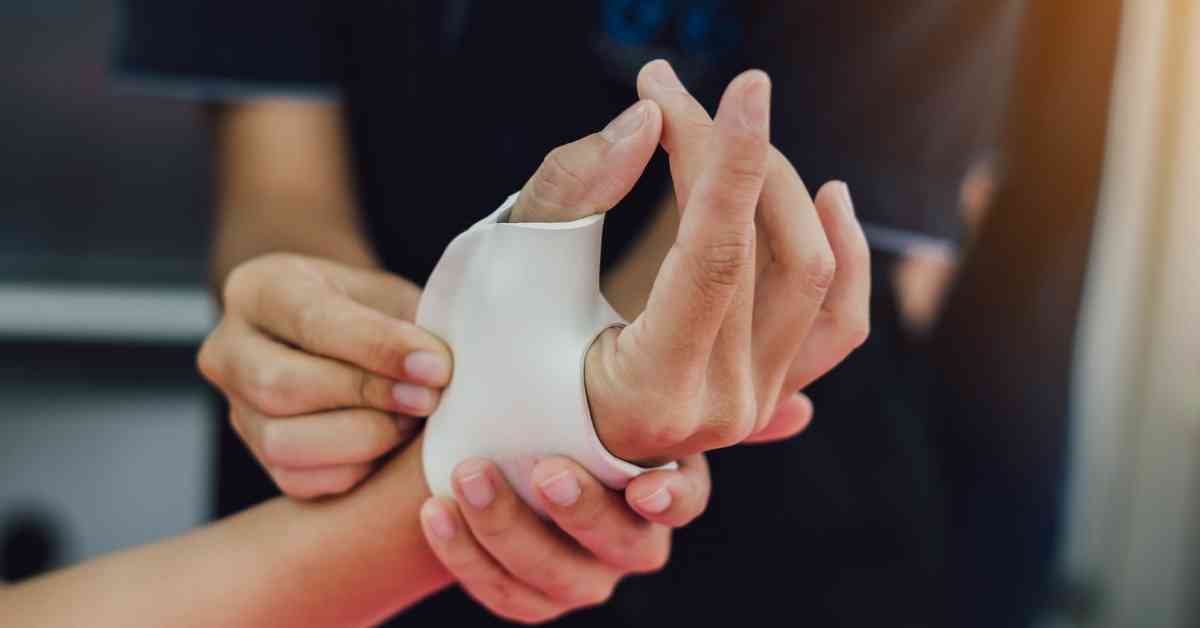Rheumatoid arthritis commonly referred to as RA is an autoimmune disease that affects the joints and generate inflammation hence stiffness and swelling of the affected joints. This particular disease has severe effects and would hinder one from performing most of the daily activities. For RA, there is a need to identify the best approaches as regards to treatment so as to help reduce symptoms, halt the disease and enhance quality of life. Although there is no known treatment for RA, the symptoms can be well controlled through the use of drugs, changes in ones’ lifestyle as well as through various therapies that would reduce any further damage on the joint.
Understanding Rheumatoid Arthritis
It is important to know what rheumatoid arthritis is and how it works before getting into the list of treatments that are available. RA is an autoimmune disease in which the body immune system targets the synovial membrane which is health tissue. This results to inflammation, pain, and if not tackled, it leads to the deterioration of the joints.
Also Read: Why temperature of the body rises during fever?
As for RA the specific cause of the disease is still in question, but it has been assessed that it is partially hereditary and partially influenced by the specific environment the patient is exposed to. Symptoms of RA can vary from person to person but typically include:Symptoms of RA can vary from person to person but typically include:
- Symmetrical arthralgia/arthritis involving small joints and weight-bearing joints bilaterally (e. g. wrist, fingers, knees, ankles).
- Stiffness in the morning that lasts for one and half an hour
- Fatigue and fever
- Decreased mobility and the changes to the shape of the joints with time.
It is well understood that the best approach to address RA is when the condition is diagnosed in advance and when the appropriate treatment is administered. Early treatment enables reducing the rate of joint deterioration and the prognosis to be improved significantly.
Medications for Rheumatoid Arthritis
Medications lie a crucial position in handling the arthritis conditioner in RA. Their chief use is to minimize inflammation, relieve pain, and arrest the progression of the disease, particularly in auto immune diseases. Here are the main types of medications used to treat RA:Here are the main types of medications used to treat RA:
Disease-modifying antirheumatic drugs (DMARDs):
- Conventional DMARDs: These medications help in curbing the over-activity that is prevalent in people with Lupus and diminishing inflammation. They include methotrexate leflunomide, and hydroxychloroquine Important Information about DMARDs Some DMARDs have serious side effects such as liver toxicity, renal disease and bone marrow suppression. Methotrexate remains the most preferred drug for the treatment of RA because it is effective in early stages of the disease.
- Biologic DMARDs: They are drugs that act on particular biomarkers or processes that take part in inflammation. These drugs include the TNF inhibitors such as etanercept, adalimumab; the interleukin inhibitors for example tocilizumab; and JAK inhibitors like tofacitinib.
Nonsteroidal anti-inflammatory drugs (NSAIDs):
These include non-stickler anti-inflammatory drugs which include ibuprofen and naproxen which are used to reduce the amount of inflammation, pain and stiffness. But they do not alter disease course and are applied together with other therapies.
Must Read: 5 Best Tips to Lower Visceral Fat
Corticosteroids:
It is worth noting that drugs like prednisone are very powerful anti-inflammatory drugs that can produce a very fast decrease in inflammation and a lessening of the intensive manifestations of RA . As a rule, they are applied to intensive treatment of relapses or as an additional therapy to other medicines.
Drugs are useful to control the symptoms of RA but one has to be careful in the use of such drugs and the doses taken since there may be side effects.
Non-pharmacological Treatments
Apart from medications, non drug therapies are an important part of RA management and their role should not be underestimated. They may also assist in decreasing the degree of suffering, joint problems and increase the quality of life.
Physical Therapy and Exercise:
- To have shapely muscles and good working joints, it is recommended that the joints undergo certain exercises frequently. In significant part a physical therapist can propose a special set of exercises which will let you start from the beginning and progress step by step.
- Leisure exercises that are still appropriate for the RA sufferers are; walking exercises, swimming exercises, cycling exercises among others. Such activities can ensure cardiovascular fitness and prevent cases of obesity, this in the end reduces pressure on the joints.
- Swimming and range of motion exercises are also recommended to keep the joints in the proper acceptable state to avoid stiffness.
Occupational Therapy:
- Regarding the practical management of the condition and regarding recommendations Occupational therapists may avail themselves assistive devices and adaptive equipment in an attempt to facilitate selected activities of daily living with ease by the person afflicted with RA.
- They can also educate them on joint protection pro forma that includes proper body positioning, and energy expenditure in order to reduce stress in the joints.
Diet and Nutrition:
- An anti-inflammatory diet which includes lots of fruits, vegetables, whole grains, and healthy fats, for instance, omega-3 fatty acids is good for attenuation of inflammation and general well-being.
- Secondary and tertiary patients with RA may find it beneficial to buy additional nutrients such as curcumin for the benefits of relieving inflammation. However, it is always recommended to seek a doctor’s advice before taking in any dietary supplements.
Complementary and Alternative Therapies
It is important to note that some patient with RA may seek for complementary and alternative therapies in addition to conventional management regiments. Even though there is not very much proof supporting these approaches, some people benefit from these techniques as far as easing their symptoms and enhancing their state of health is concerned.
- Acupuncture: This originated from China, and it entails the use of thin needles that are inserted into specific point in the body to help the body to cure itself. A few research’s show that acupuncture firmness or softness has alleviated suffering and enhanced the functionality of patients with RA.
- Mind-body practices: Other practices such as meditation, exercising yoga, or taking deep breaths may reduce stress – which can be a root cause of RA flare-ups. These practices may also enhance total mental and physiological health of man.
- Massage therapy: There are several benefits associated with therapeutic massage these may include among others, relieving muscle tension, enhancement of blood circulation and relaxation. It may also be useful for reduction of pain and joint stiffness in adult patients with Rheumatoid Arthritis (RA).
Patients should always caution their regular healthcare provider before and while seeing, using or taking any other kind of treatment in parallel and that is such complementary therapies as has been discussed above.
Developing a Comprehensive Treatment Plan
Rheumatoid arthritis is quite challenging to manage since it may call for an integrated care model in that it involves many healthcare providers, including rheumatologists, physical therapists, occupational therapists, and dietitians. It is therefore important to negotiate your plan in consultation with your rheumatologist.
During your treatment you may be prescribed medication, physical therapy, occupational therapy and sometimes you have to make changes in your life style. This plan may need revision over time depending on how you progress with your condition or if you have side effects with certain drugs.
Other aspects in the management of RA involve patient education and strategies to develop patient self management. Knowledge about your disease, knowledge of options in managing it and your involvement in the process enable you make right decisions about your health.
Just like with the earlier example, it helps to slow down joint destruction and to enhance the prognosis of the disease. If you think that you might have RA, then it is about time that you consult with your doctor. Engaging in self-management of the condition and embracing the multi-disciplinary approach of the management team can greatly help in preventing the kind of a predicament that would otherwise lock one in a wheelchair or bed.


0 thoughts on “What do you think is the Best Therapy for Rheumatoid Arthritis patients?”